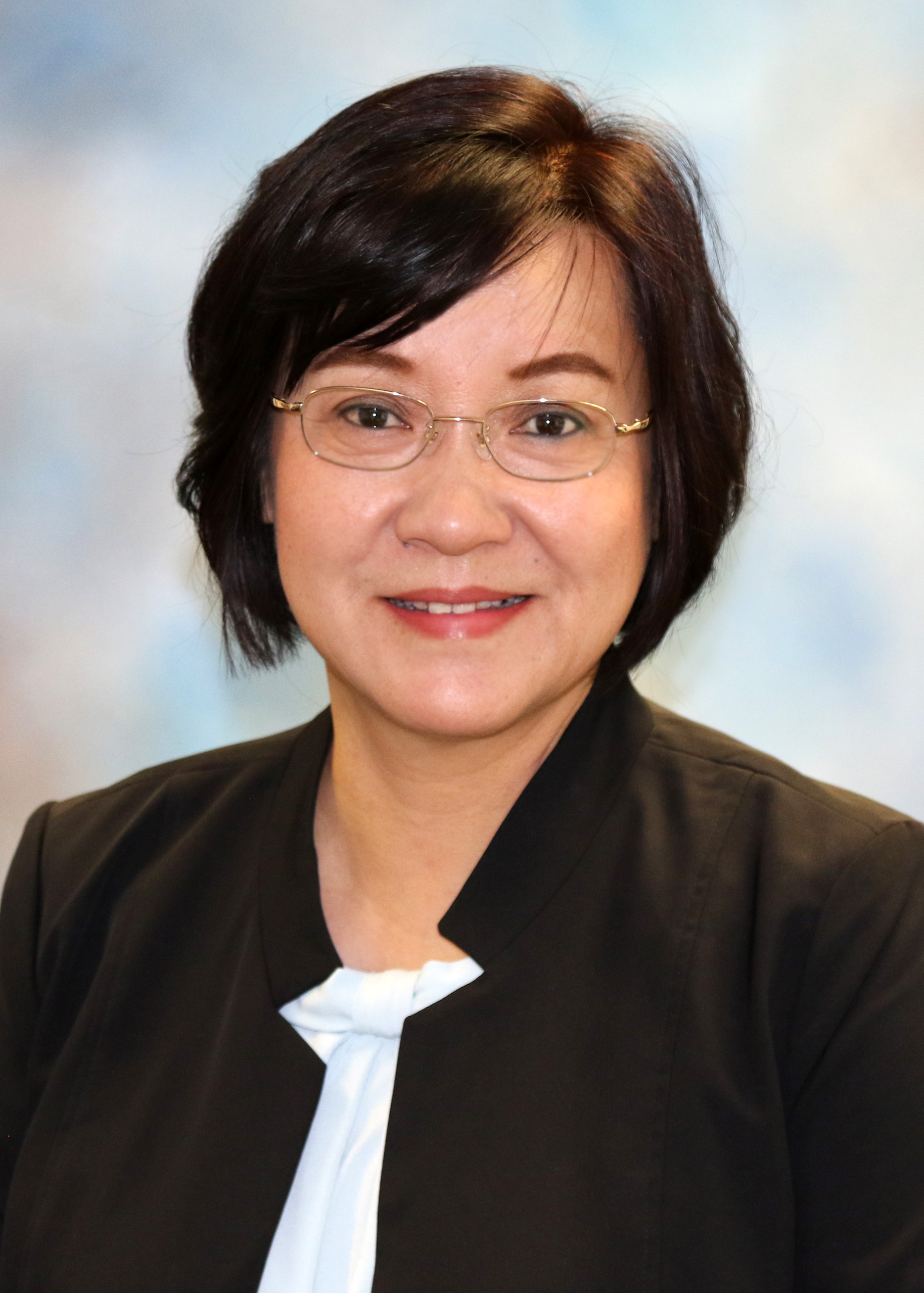Faculty Directory
Heather Brake, MS, DVM, DACVPMAssistant Professor, Global Health Studies, College of Veterinary Medicine
Dr. Brake is currently the Communications Director for CDC’s National Center for Environmental Health (NCEH) and the Agency for Toxic Substances and Disease Registry (ATSDR) and attends graduate school at Michigan State University. Over the last 19 years, she has worked as a communications professional in several locations across CDC and participated in many emergency responses including hurricanes, the Fukushima Nuclear emergency, H1N1, Ebola, and COVID-19. Dr. Brake was instrumental in developing an antibiotic use program for food animals, training program for CDC Quarantine Officers, and establishing public health communications support for the US Territories. She is committed to building coalitions to solve big public health problems and has a particular interest in the US Territories and affiliated states. Dr. Brake co-instructs OST 821 One Health-Transdisciplinary Collaborations to Global Health, OST 822 Introduction to Global Health Practice and OST 402 Introduction to Global Health.
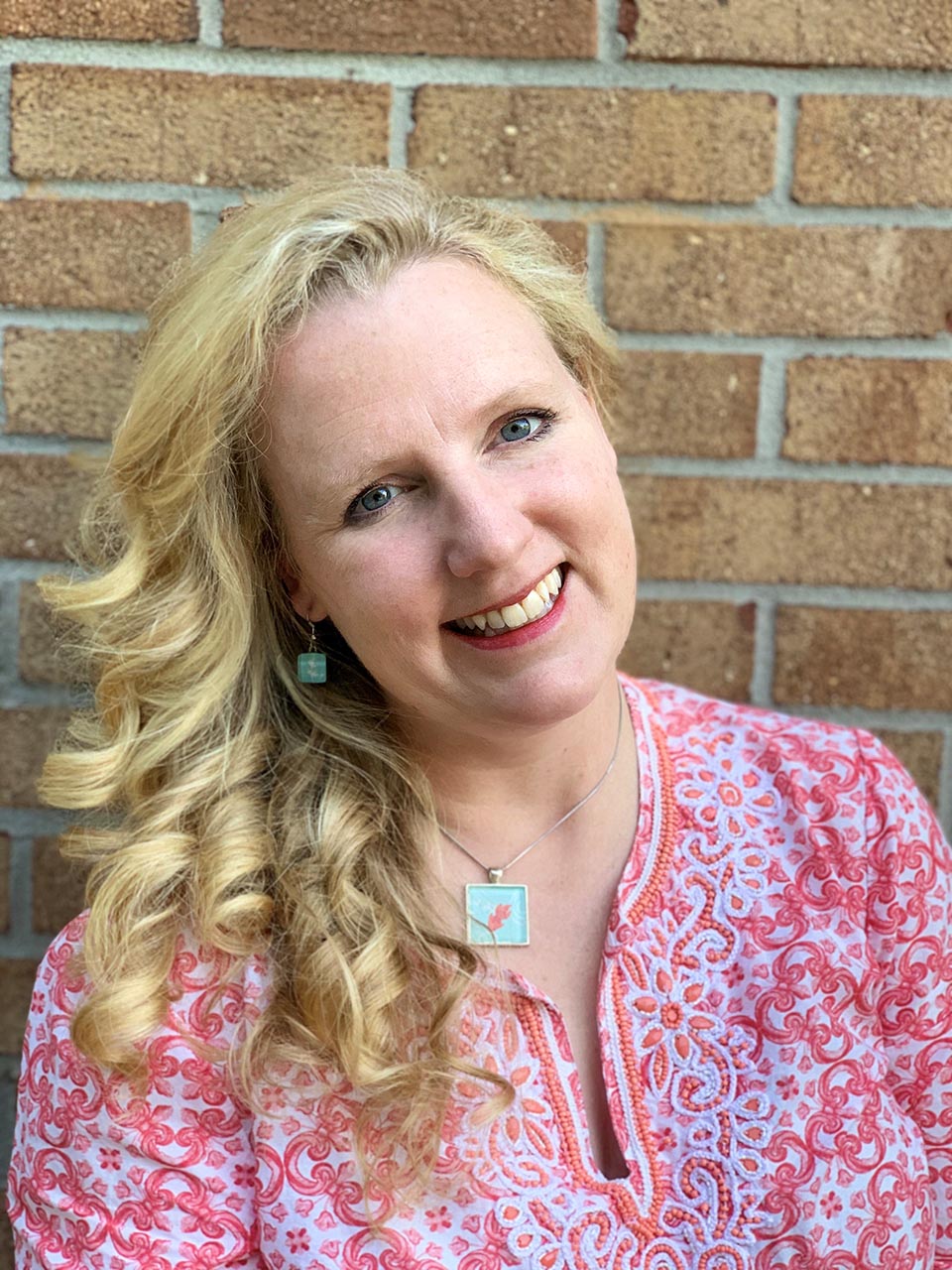
John Bonnell, Ph.D.
Academic Outreach/Capacity Development Senior Specialist
Global Innovations in Development, Education and Scholarship (Global IDEAS)
Dr. John Bonnell's fields of expertise include international and comparative education, higher education in developing countries, organizational change, and faculty and leadership development. He has conducted educational research and development projects in numerous countries in sub-Saharan Africa. With universities in Malawi and Uganda, John is currently co-leading the Innovation Scholars Program which utilizes human-centered design to harness innovation and research for social impact. Dr. Bonnell teaches OST 824 Emerging Topics in Global Health.
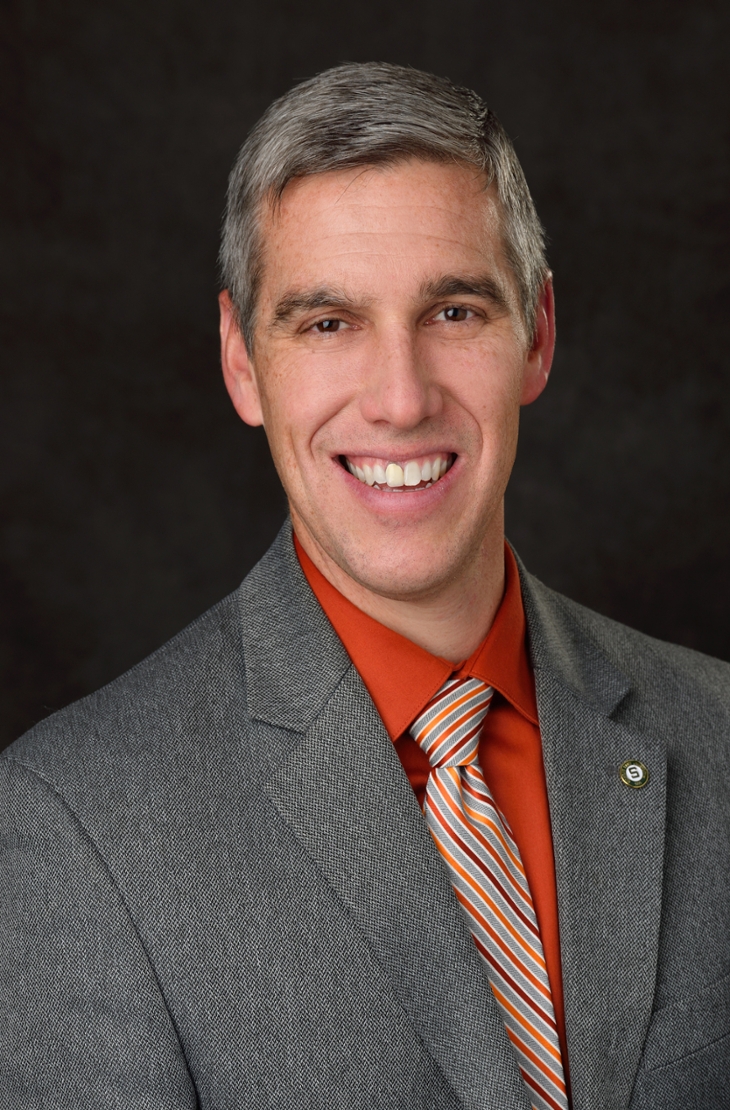
Thomas Claringbold II, DO, MS, FAOCO
Assistant Professor, Global Health Studies, College of Osteopathic Medicine
Thomas Claringbold is the Chief Ophthalmologist for the MyMichigan Health System and is Senior Dyad Council Chief for the MyMichigan Medical Group. He received his medical degree from the Michigan State University College of Osteopathic Medicine (MSU COM). He received his Master of Science in Global Health from MSU COM as well. He strongly believes that Global Health/One Health principles can be used to improve health outcomes regardless of longitude and latitude. Dr. Claringbold teaches OST 402 Introduction to Global Health.
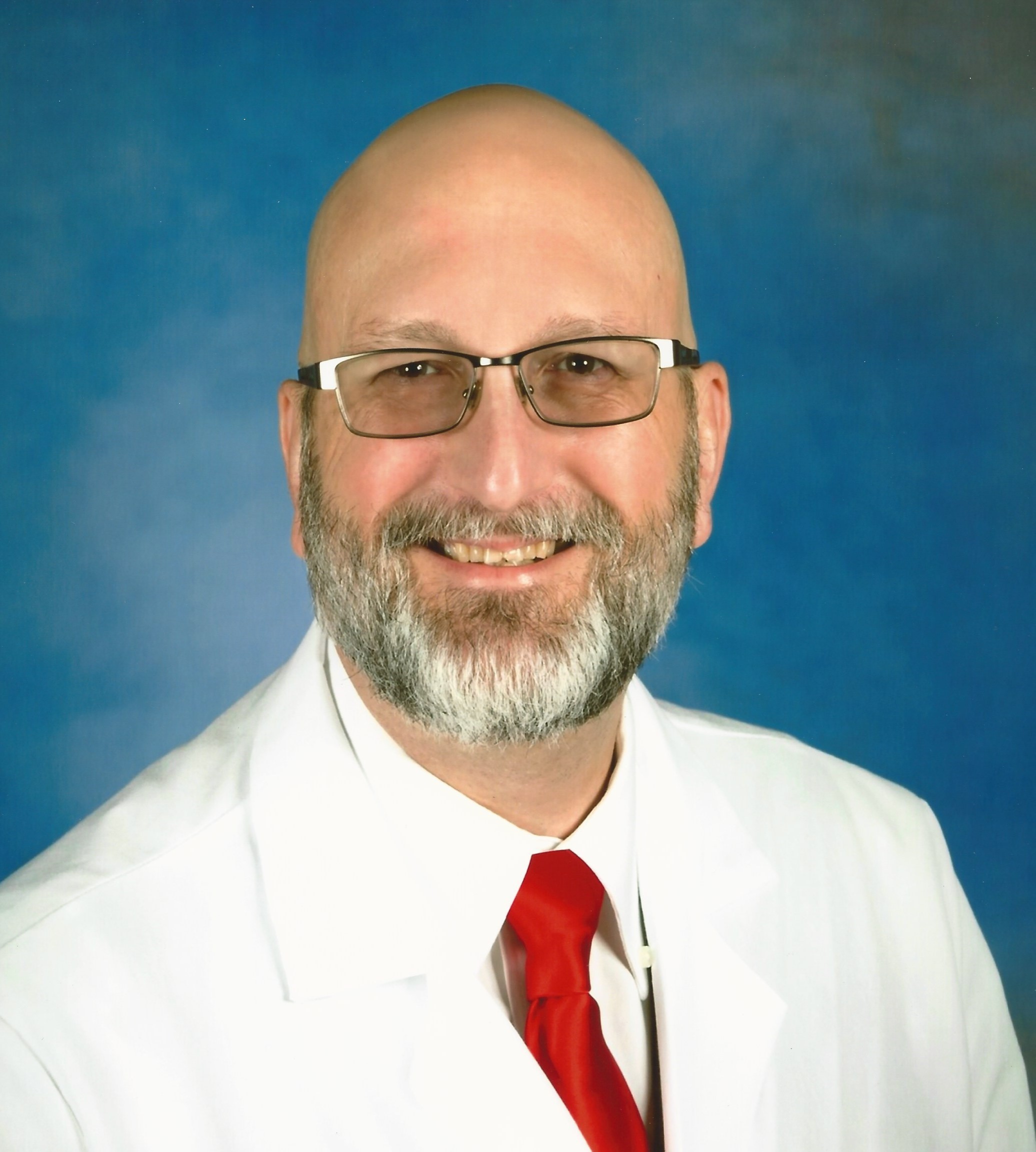
Andrea Freidus Turner, Ph.D., M.P.H., M.A.
Associate Director, Global Health Studies, College of Osteopathic Medicine
Assistant Professor, Family & Community Medicine, College of Osteopathic Medicine
Andrea Freidus received her PhD in medical anthropology from Michigan State University and holds an MPH in Global Public Health. She has over 15 years of experience conducting research at the intersection of culture, health, and disease. As an applied scholar, her work is often collaborative, community-based, and participatory, exploring varying domestic and international topics, including transnational responses to orphans and vulnerable children in Malawi, volunteer tourism in Malawi, risky sexual behavior and tourism in Costa Rica, impact of forced evacuation on indigenous communities in highlands Ecuador, impact of COVID-19 on direct care workers in North Carolina, black women’s health equity in North Carolina, college student food and housing insecurity, and migrant farmworkers access to health resources in Immokalee, Florida. Dr. Freidus is the Global Health Studes Program Associate Director, and teaches OST 450 Introduction to Global Health, OST 828 Global Health Capstone and OST 830 Global Health Independent Study.
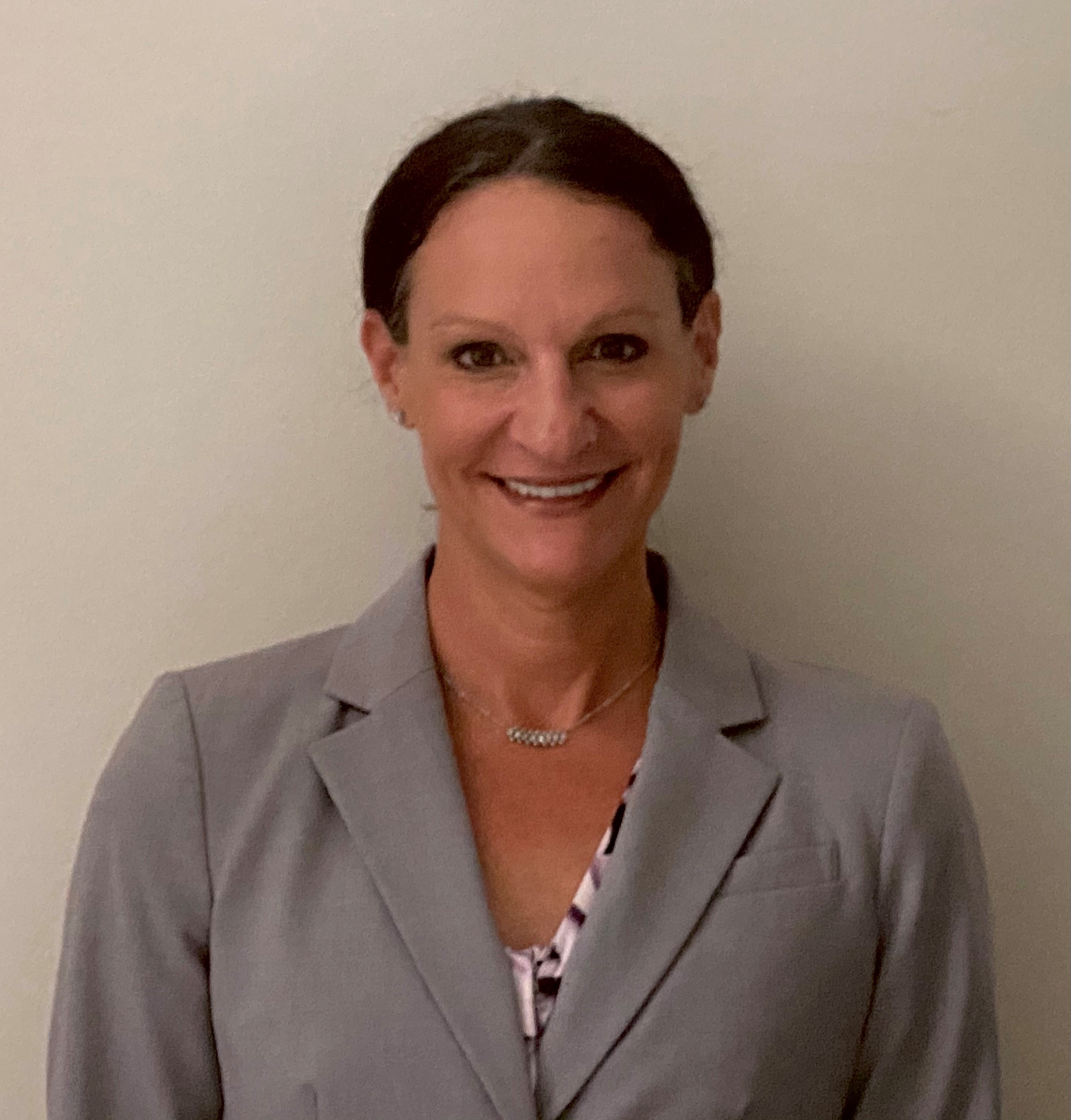
Jodi Flanders, D.O.
Associate Medical Director, Global Health Institute, College of Osteopathic Medicine
Dr. Flanders is a graduate of Michigan State University College of Osteopathic Medicine, and Medical Director and Associate Professor in the Global Health Institute. She is Board Certified in Family Medicine and Osteopathic Manipulative Treatment, working in Global Health and Education internationally, as well as with those experiencing homelessness in Michigan. Passionate about human trafficking and addiction, she serves as Medical Director in a Michigan based residential facility, as well as a political advocate for victims and survivors. Both locally and internationally, she mentors COM students including research, ethics, cultural sensitivity, scientific abstract and poster preparation.
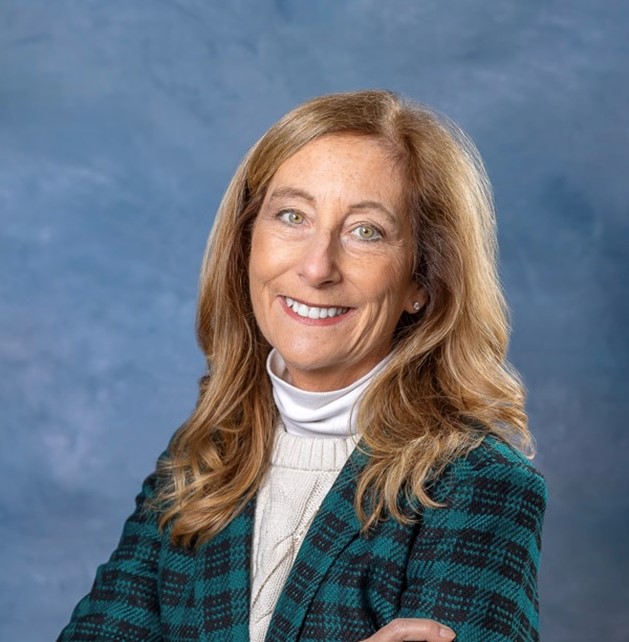
Ramjee Ghimire, Ph.D.
Global Outreach and Network Specialist, CANR/COM
Dr. Ghimire is a multidisciplinary researcher and practitioner with over 20 years of experience in global health, animal health, and sustainable development. He currently serves as the Global Outreach and Network Specialist with a joint appointment at the College of Agriculture and Natural Resources (CANR) and the Institute for Global Health (IGH) at Michigan State University (MSU). Dr. Ghimire is Director of the U.S. Department of State-funded Mekong One Health Innovation Program (MOHIP), implemented by IGH. MOHIP aims to enhance health security in the Lower Mekong region—spanning Thailand, Lao PDR, and Vietnam—by promoting the One Health approach. Dr. Ghimire holds a PhD from Michigan State University, master’s degree from Western Sydney University, Australia, and bachelor’s degree from Mumbai Veterinary College, India. He is a reviewer for over a dozen scientific journals, and he is widely published across these fields. Dr. Ghimire teaches OST 450 Introduction to Global Health.
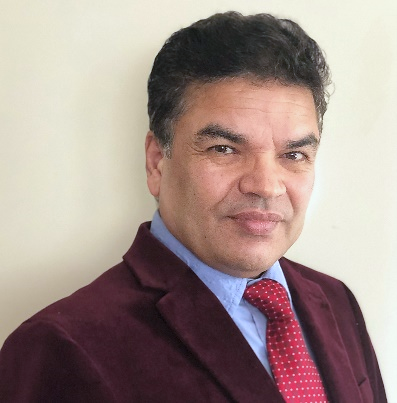
Courtney E. Sullivan, PhD, RN, CPNP-AC, CPHON, FAAN
Assistant Professor, College of Nursing
Dr. Sullivan is an Assistant Professor at the Michigan State University (MSU) College of Nursing, where her research focuses on measuring pediatric oncology nursing quality and establishing an evidence base of nursing-sensitive outcomes in resource-diverse settings and countries. Dr. Sullivan has worked with nurses around the world through her research program, the Dept. of Global Pediatric Medicine at St. Jude Children's Research Hospital, and other avenues for over a decade. While at St. Jude Global, she expanded its nursing outreach from 12 to more than 40 countries, transitioning from a twinning to a network approach. She established the Latin American Nurse Educator Network and the St. Jude-VIVA Asia Pacific Nursing Institute, and co-led the development of the Association of Pediatric Hematology/Oncology Nurses (APHON) Spanish chemo/biotherapy certificate courses in Latin America, laying the groundwork for Portuguese and Russian versions. She is presently Chair of the International Society of Paediatric Oncology (SIOP) Nursing Network and Member of the SIOP Board of Directors. Dr. Sullivan has been engaged in the nursing initiatives related to the WHO Global Initiative for Childhood Cancer (GICC) and is passionate about incorporating nursing priorities within national cancer control plans. Dr. Sullivan teaches OST 450 Introduction to Global Health.
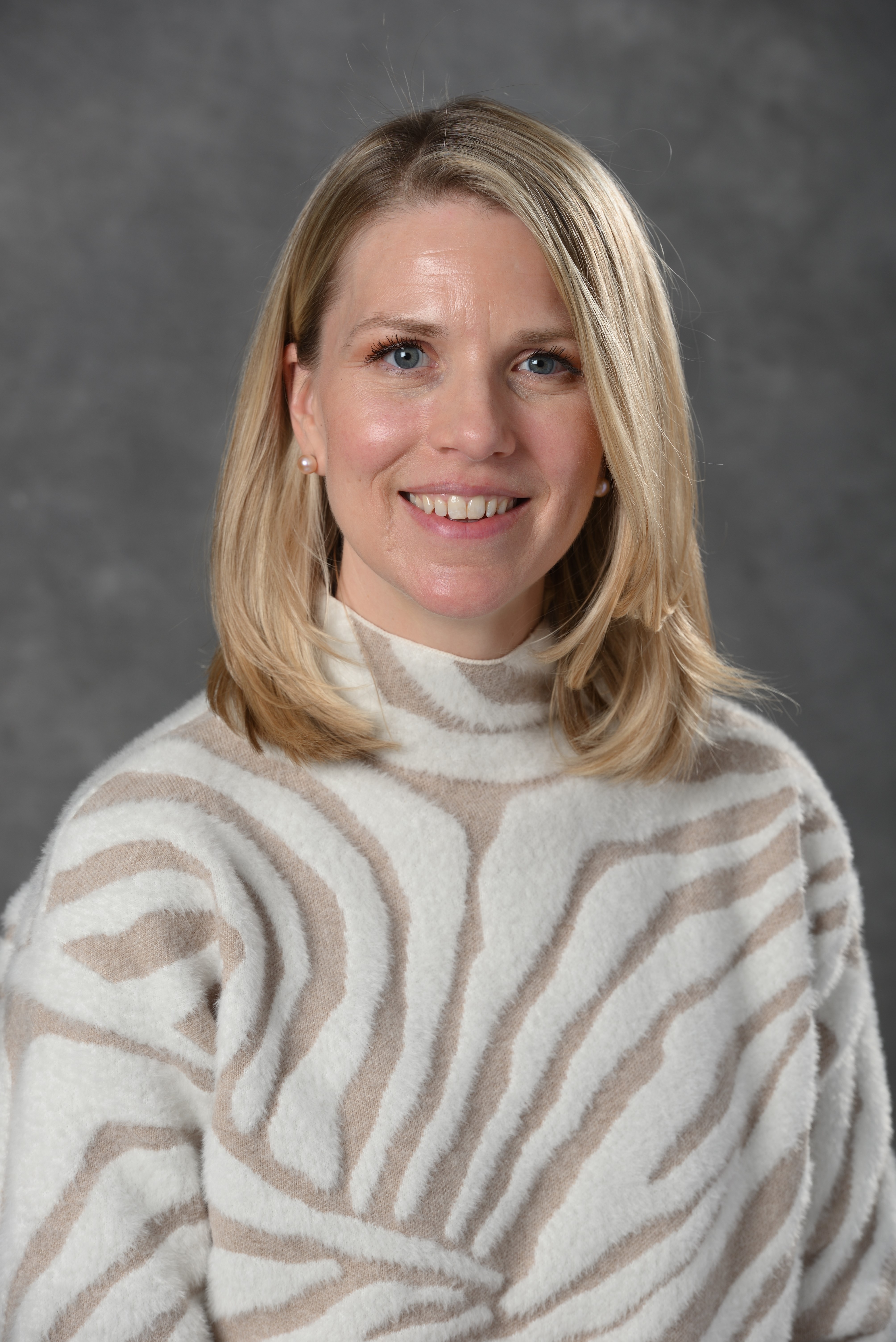
Travis Gordon, D.O.
Director, Merida Medical Education, Yucatan
Associate Professor, Osteopathic Manipulative Medicine, College of Osteopathic Medicine
Travis Gordon is the Director of Medical Education for International Studies in Yucatan, Mexico as well as Associate Professor of Osteopathic Manipulative Medicine. He oversees all international projects and collaborations between MSU IGH and Mexico.
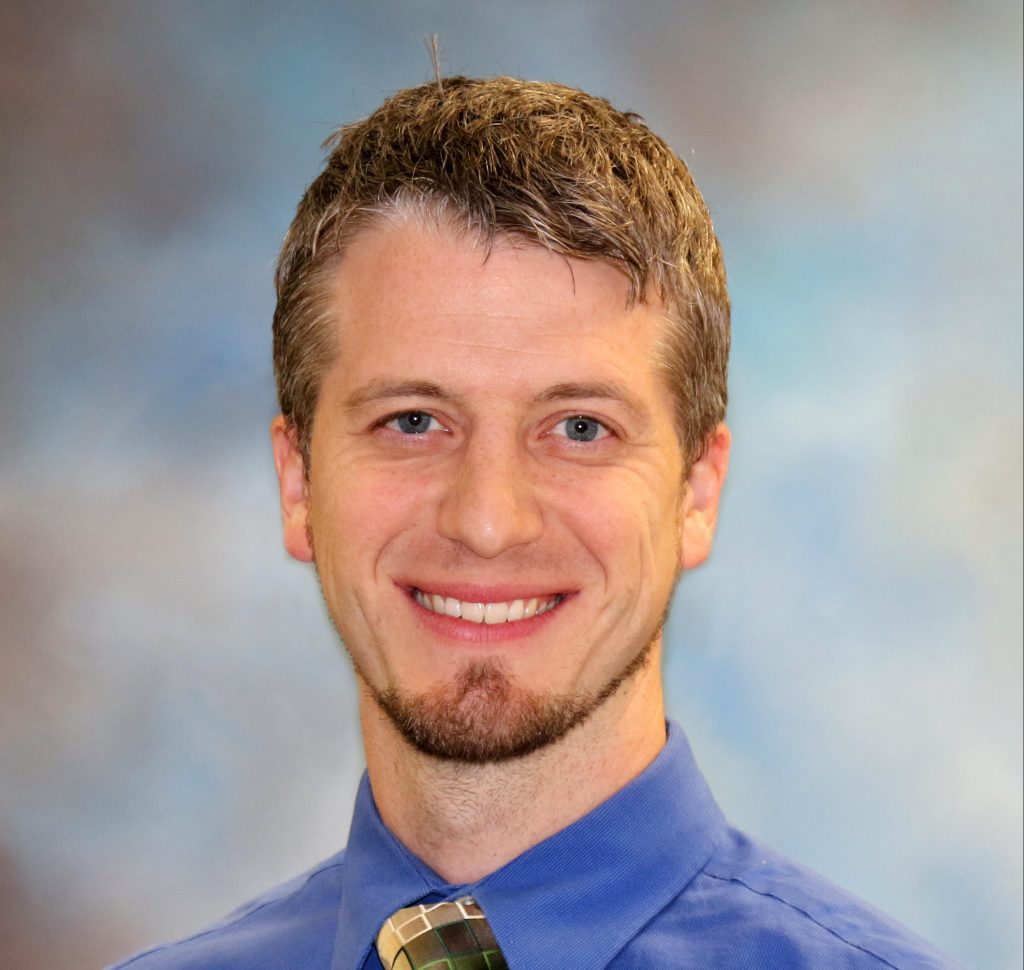
Rene Hinojosa, Ph.D.
Professor Emeritus, College of Social Sciences
Dr. Hinojosa is Professor Emeritus in the Urban and Regional Planning Program, School of Planning Design and Construction, adjunct professor of the Department of Geography and Institute for Global Health, Michigan State University. He was former Acting Director of the Julian Samora Research Institute, former Chair of the Department of Geography, visiting professor at the Science University in Tokyo, Japan, Fulbright Scholar at the National University, Colombia, and Private University of Bolivia. He worked as a civil engineer and consultant to international development agencies in regional development and authored many articles and technical reports dealing with methods and techniques for urban and regional analysis. He taught quantitative research methods and techniques, transportation planning, regional economic analysis, housing, and urbanization in developing countries; and has organized several study abroad courses. He holds a master’s degree in civil engineering and PhD degree in planning from the University of Washington.
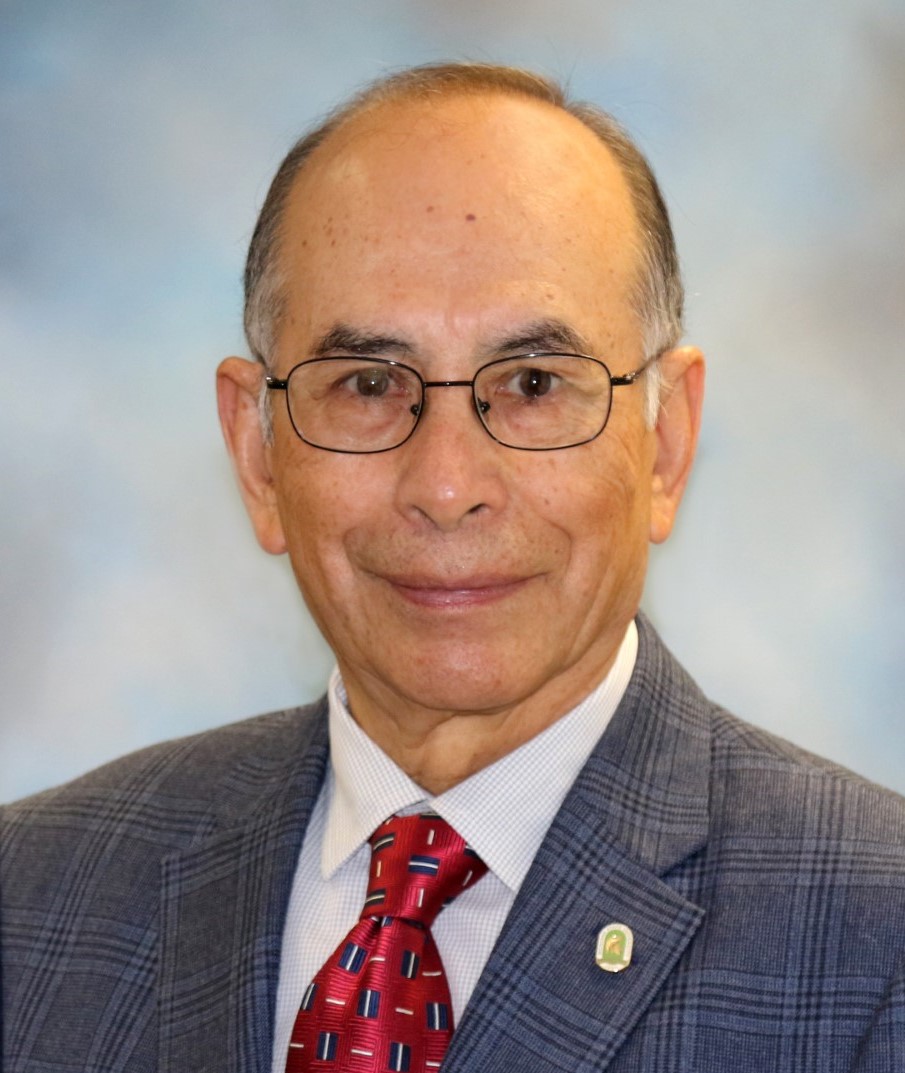
Jay Loftus, ED.d.
Academic Specialist, Center for Teaching and Learning Innovation
Jay Loftus is an Academic Specialist in the MSU Center for Teaching and Learning Innovation. Prior to joining MSU, Jay worked as the Senior Instructional Designer and Coordinator of Digital Learning at the Schulich School of Medicine & Dentistry – The University of Western Ontario. Jay has also taught courses in Educational Technology and Instructional Design with the Faculty of Education at the University of Western Ontario, the Werklund School of Education – University of Calgary, and Red Deer College in Canada. Jay’s academic background is in the field of Educational Technology. Jay earned his Doctor of Education from the University of Calgary. His research interests are in the neurophysiological changes that occur during learning with technology, as well as the uses of technology to improve student and instructor engagement. Dr. Loftus co-instructs OST 828.
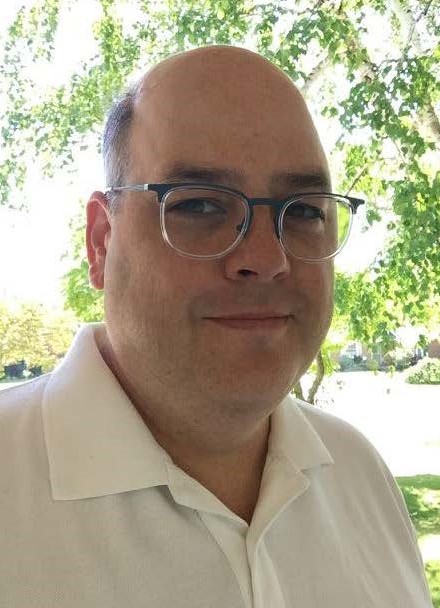
Rebecca A. Malouin, Ph.D., M.P.H., M.S.
Associate Dean for Global Health, College of Osteopathic Medicine
Director, Institute for Global Health, College of Osteopathic Medicine
Director, Canadian Studies, International Studies & Programs
Professor, Family & Community Medicine, College of Osteopathic Medicine
Dr. Rebecca Malouin is the Associate Dean for Global Health, Director of the Institute for Global Health, Director of Canadian Studies, and Professor in Family and Community Medicine. As a health services researcher, she has a particular interest in the impact of and payment for new care models in primary health care. Dr. Malouin oversees all aspects of the Master of Science and Graduate Certificate programs in global health. After graduating from the University of Michigan, Dr. Malouin served as a United States Peace Corps volunteer in Niger, West Africa. She then completed her Ph.D. and M.P.H., both in International Health, from the Johns Hopkins Bloomberg School of Public Health, and a M.S. in epidemiology from Michigan State University. Dr. Malouin has worked for globally-engaged agencies such as Helen Keller International and the University Research Corporation, as well as state health departments in Michigan and Maryland.
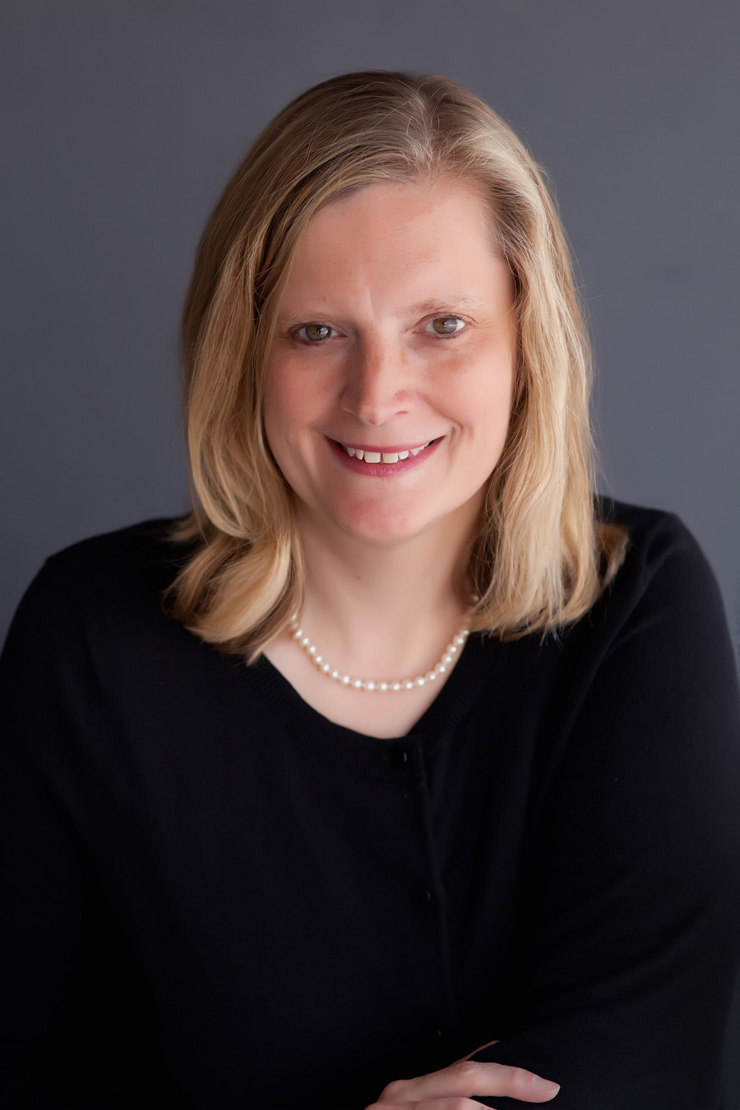
Amelia Odo, Ph.D., M.P.H.
Faculty and Researcher, University of Nigeria
Adjunct Assistant Professor, MSU Global Health Studies, College of Osteopathic Medicine
Dr. Amelia Odo is Faculty at the Department of Human Kinetics and Health Education, University of Nigeria, Nsukka. She is also an African Futures Scholar, Michigan State University. She is a Public Health Educator and Researcher with specific interests in sexual and reproductive health, infectious diseases, and drug abuse control. Prior to joining academics, Dr. Amelia worked with the primary health care as a public health nurse and midwife for several years. She has her Ph.D. and Masters in Public Health Education, B.Sc in Health Education, and Diplomas in Public Health Nursing (HND), Midwifery (RM) and General Nursing (RN). She developed part of the OST 824 Emerging Topics in Global Health.
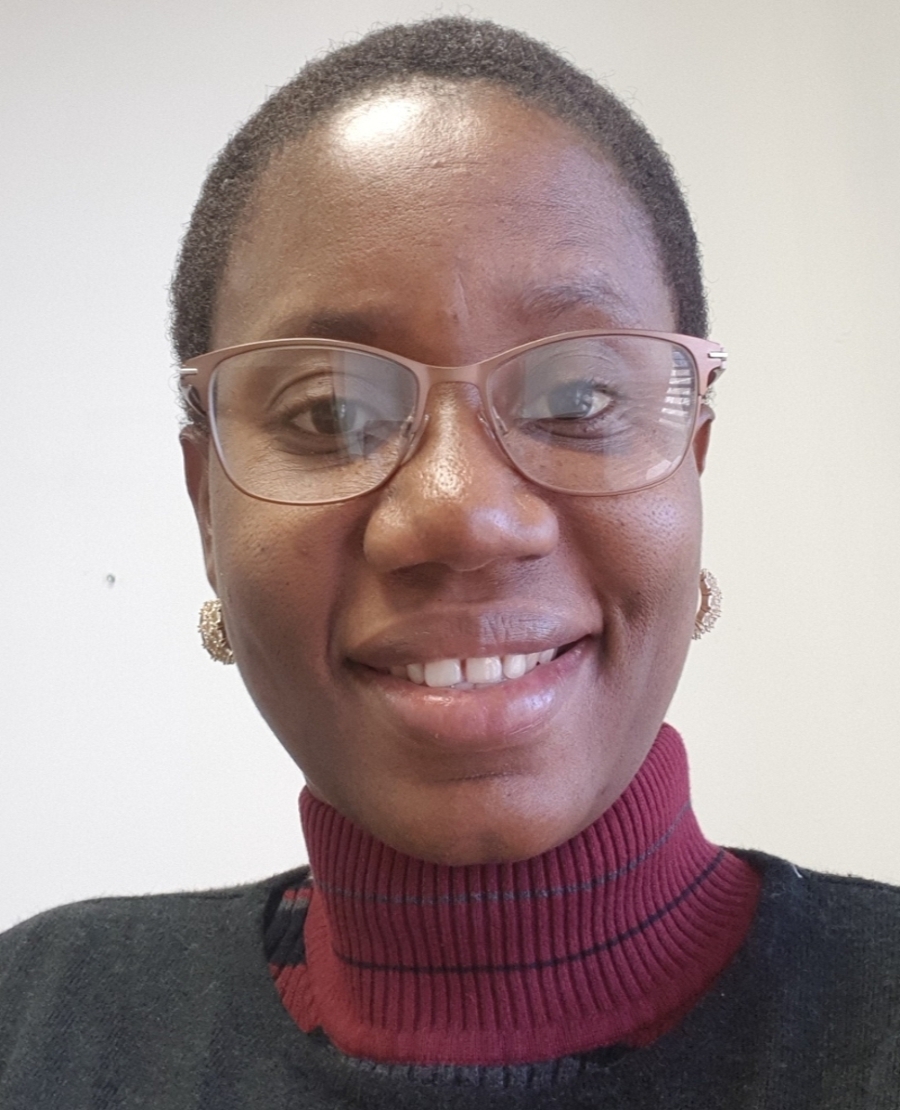
Richard Parks, J.D., Ph.D.
Academic Specialist, Lyman Briggs College
Dr. Parks is an Academic Specialist in Lyman Briggs College at Michigan State University (MSU). Prior to joining MSU, he was the Mellon Postdoctoral Fellow in the Global History of Medicine at Brown University. He earned a B.A. from New York University, a J.D. from Tulane University School of Law, and a Ph.D. in the History of Medicine at the University of Minnesota-Twin Cities. Dr. Parks’ research interests are colonial health regimes in North Africa and bioethical issues and has published his research in Medical Imperialism in French North Africa (Nebraska Univ. Press, 2017). He regularly leads study abroad summer semesters in Paris and Berlin. Dr. Parks teaches OST 825 Ethical Issues in Global Health.
Kurt Richter, Ph.D.
Academic Outreach Specialist, Department of Community Sustainability, International Studies and Programs
Deputy Director and Principle Investigator of Innovation Scholars Program and Great Research
Dr. Richter is the Deputy Director for the Global Center for Food Systems Innovation (GCFSI) and has over twenty years of involvement in higher education and international development. Dr. Richter has worked in numerous countries in Africa, Asia and Latin America and has held long term leadership roles in Guatemala, Colombia, Afghanistan and the Republic of Georgia. Dr. Richter has led Human and Institutional Capacity Development projects focused on higher education, research, and innovation in numerous countries including Malawi, Tanzania, Senegal, South Sudan, Uganda, Afghanistan and Tajikistan. Kurt holds a B.Sc. and M.Sc. from the University of Missouri - Columbia and Ph.D. from the University of California, Davis. Dr. Richter teaches OST 824 Emerging Topics in Global Health.
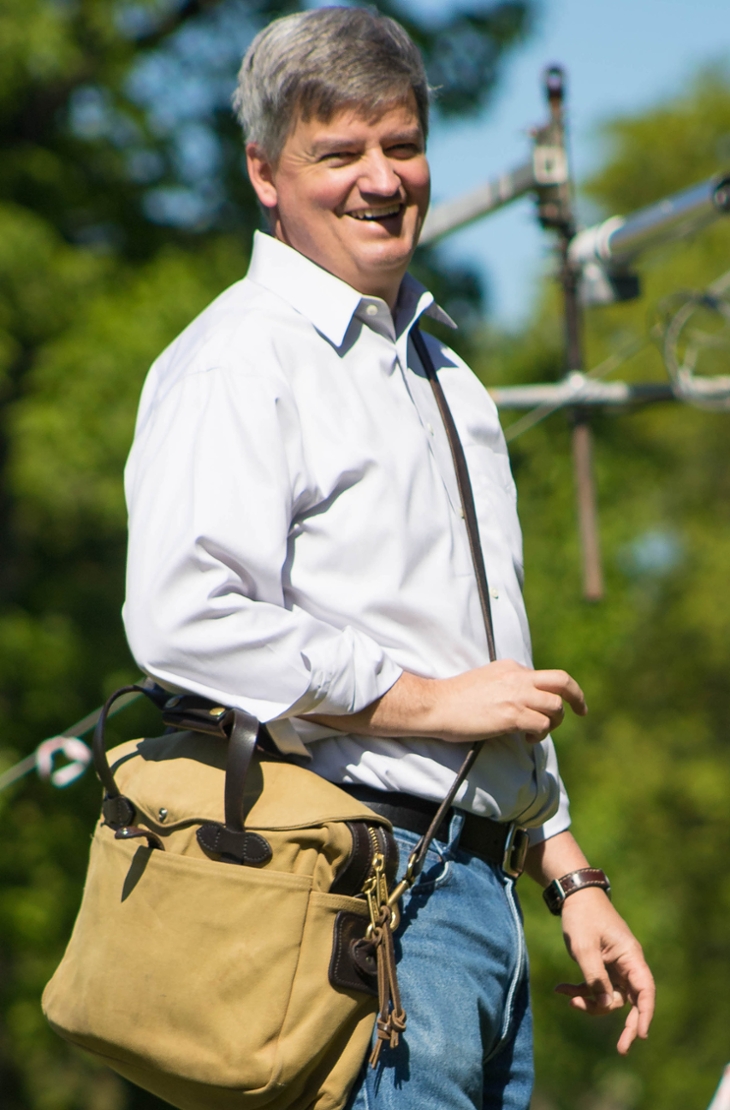
Jacob Rowan, D.O.
Program Leader, International Programs in Merida, Mexico
Associate Professor, Osteopathic Manipulative Medicine, College of Osteopathic Medicine
Dr. Rowan is an Associate Professor in the Department of Osteopathic Manipulative Medicine and Program Leader for International Programs in Merida Mexico. He received a US Army scholarship for medical school, and upon graduation he became an Army captain, completing his internship year at Tripler Army Medical Center, Hawaii. He then served as a general medical officer with 1st Armored Division in Germany. During that time, he was deployed with the 1st Infantry Division to Camp Able Sentry in Macedonia. After leaving the military he completed residency training in physical medicine and rehabilitation at MSU. Dr. Rowan is actively involved in patient care, teaching, research, and administrative duties at MSUCOM. He helped establish the MSUCOM clinic in Merida Mexico and has done presentations and workshops in Japan, Mexico, Korea, and India. His teaching and research interests include osteopathic manual medicine, international medicine/global health, telemedicine/tele-education, sports medicine, and detection dog research.
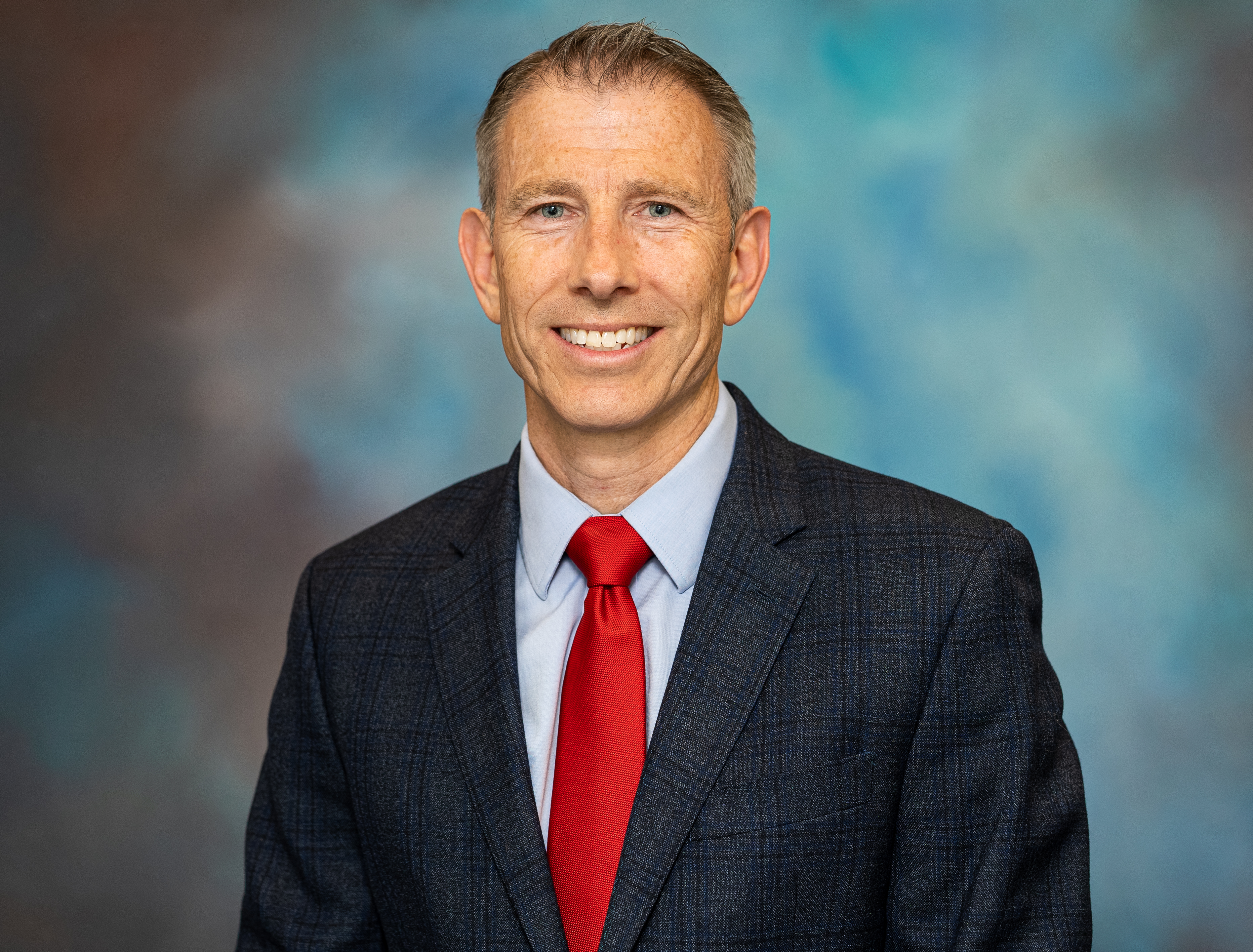
Mohamed Satti, Ph.D., M.Sc.
Assistant Professor, College of Human Medicine
Dr. Satti earned his PhD degree from the University of Copenhagen in Denmark and has taught and researched internationally in the areas of public health, parasitology, immunology, and infectious diseases. He teaches in both the Public Health and Global Studies programs, and in College of Veterinary Medicine. He is a visiting professor of immunology and parasitology in St. Matthew’s University, Grand Cayman, School of Veterinary Medicine, conducting research on heart worms in dogs and cats to help identify new pathological markers for human & animal Filarial infection. His research interests include host-parasite relationships, role of basophils during parasitic infection, and pathological mechanisms of filarial worms in humans and animals. He has made significant research contributions in the immunology of infectious diseases and his research has resulted in multiple peer reviewed publications and international presentations on topics of Global Public Health Significance. Dr. Satti teaches OST 823 Global Burden of Disease.
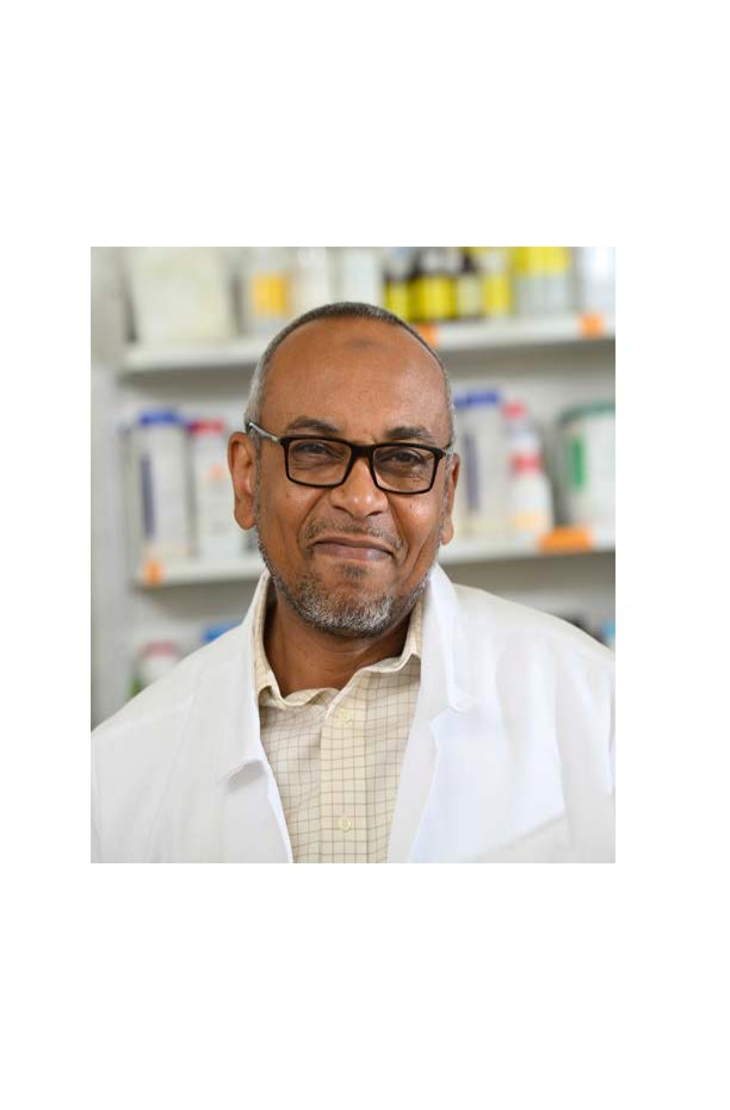
Mieka Smart, Dr.P.H., M.H.S.
Associate Professor, College of Human Medicine
Dr. Mieka Smart holds appointments in the College of Human Medicine’s Department of Public Health and the Department of Epidemiology and Biostatistics, and is director of the College of Human Medicine Leadership for the Medically Underserved (LMU), the principal investigator of an alcohol policy evaluation and monitoring project in Uganda, and a co-investigator in the Methodology Core of the Flint Center for Health Equity Solutions. She serves the African Studies Center, the Institute for Global Health, the Master of Public Health Program, and undergraduate medical studies at MSU. Dr. Smart earned her BA in public health, and MHS and DrPH in mental health from Johns Hopkins University. Dr. Smart teaches OST 831 Evidence-Based Practice in Global Health.
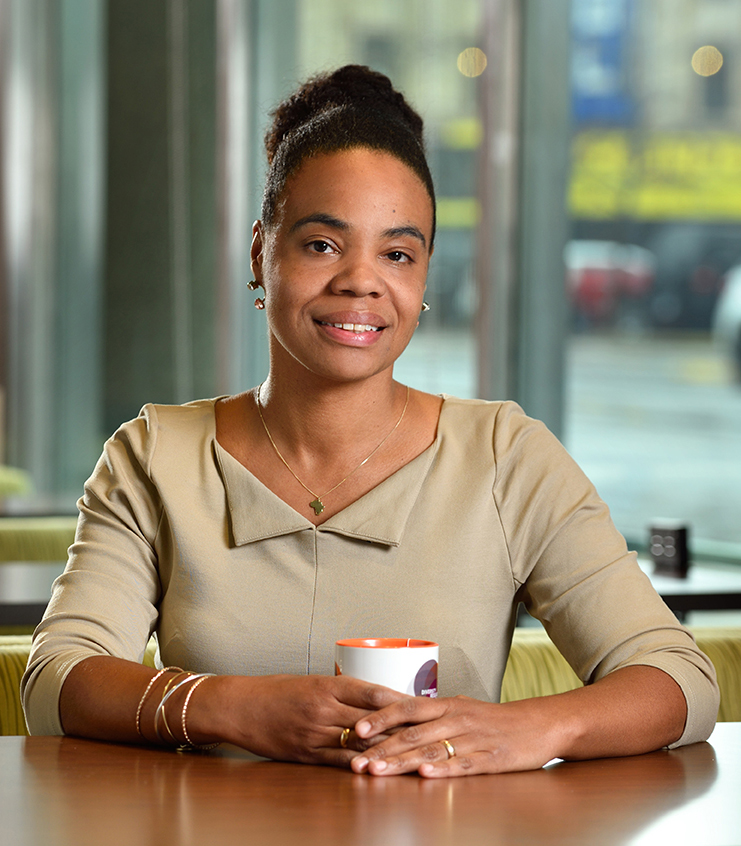
Mary Kay Smith, Ph.D., M.S.N, R.N., C.H.S.E.
Director, Learning and Assessment Center, College of Osteopathic Medicine
Dr. Mary Kay Smith is the Director of the Learning and Assessment Center (LAC) and Assistant Professor serving the Michigan State University Colleges of Human Medicine, Nursing, Osteopathic Medicine and Veterinary Medicine. Dr. Smith is a Fellow in the International Society for Simulation in Healthcare Academy and holds a doctorate in Higher, Adult and Lifelong Education Administration. Dr. Smith is a Master TeamSTEPP Trainer and facilitates courses in academia and many hospital institutions. Current research is focused on simulation Program administration, simulation methodologies and interprofessional education. Dr. Smith teaches OST 824 Emerging Topics in Global Health.

Chelsea Wentworth, Ph.D., M.P.H.
Assistant Professor, Office of Medical Education Research and Development
Dr. Wentworth is an assistant professor in the Office of Medical Education Research and Development (OMERAD). Her research focuses on development of research products that impact public policy change examining factors that impact health equity among families, and emphasis on feminist community-engaged research praxis and understanding food access through a systems-based approach run through Her international and US based research. These projects have broader applications in gender, health, and public policy as governments and healthcare practitioners work to improve health outcomes for communities. She has contributed to research that mapped the Flint food system, identifying leverage points to improve food security and partnered with community members to identify actionable pathways toward food system change. She collaborates with the Intertribal Council of Michigan and researchers at MSU studying Indigenous foodways and developing early childhood curriculum that promote Native language and food traditions. Dr. Wentworth teaches OST 829 Global Health Community Assessment.
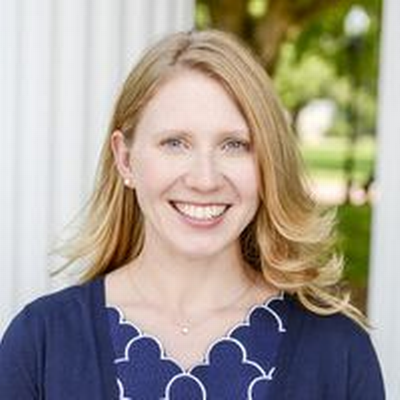
Lauri Winter M.S.N., M.P.P.M.
Instructor, Global Health Studies Program, College of Osteopathic Medicine
Lauri Winter brings twenty-five years plus experience directing, both managerially and technically, maternal and child health programs using quality improvement and health systems strengthening approaches to her course in Global Health Management. She has lead projects and provided consultancy services to NGOs and Ministry of Health programs in Africa and Southeast Asia. Ms. Winter is a practitioner/instructor with a Master of Science in Nursing (community health) and a Master of Public and Private Management from Yale University, as well as a graduate certificate in Adult Education from the University of the District of Columbia. Ms. Winter teaches OST 827 Global Health Management and OST 402 Introduction to Global Health.
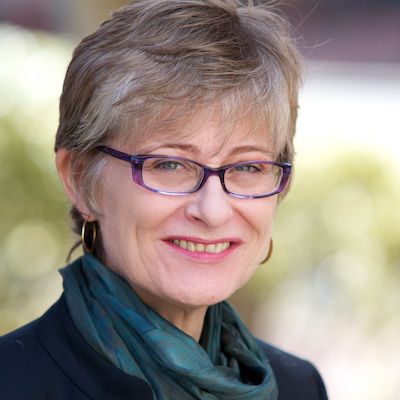
Qing Xia, PhD (pronounced Ching Shia)
Associate Director for Global Health Education and Research, Institute for Global Health
Dr. Xia is the Institute for Global Health (IGH) Associate Director for Global Health Education and Research in the College of Osteopathic Medicine and an adjunct faculty in the Department of Family and Community Medicine. Before coming to the US as an international student, she was a faculty member at Sichuan University in China. She specializes in interdisciplinary research, education, and professional development in the context of global health and international education. Before joining IGH, she held leadership roles in International Studies and Programs of Michigan State University. She has extensive managerial experience in capacity-building projects, international professional development, faculty development, and international student training programs. Dr. Xia employs qualitative methods in her research projects and her research interests include adult learning, professional socialization and identity development, health education, higher education internationalization, One Health, global health, mobile health, and women’s health. Dr. Xia teaches OST 450 Introduction to Global Health.
